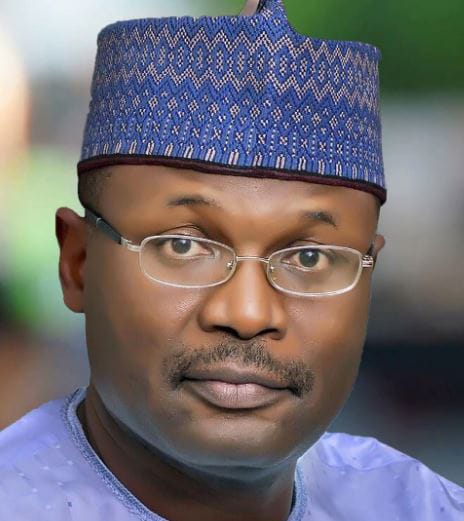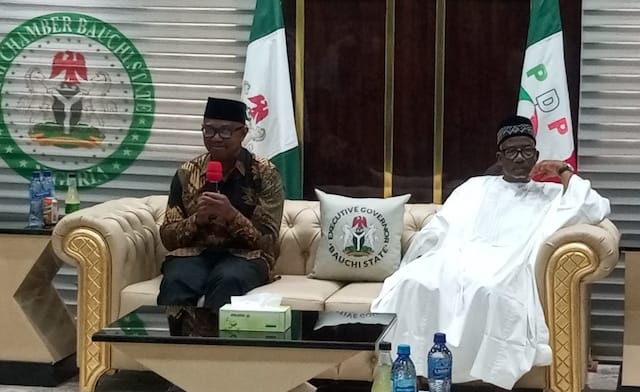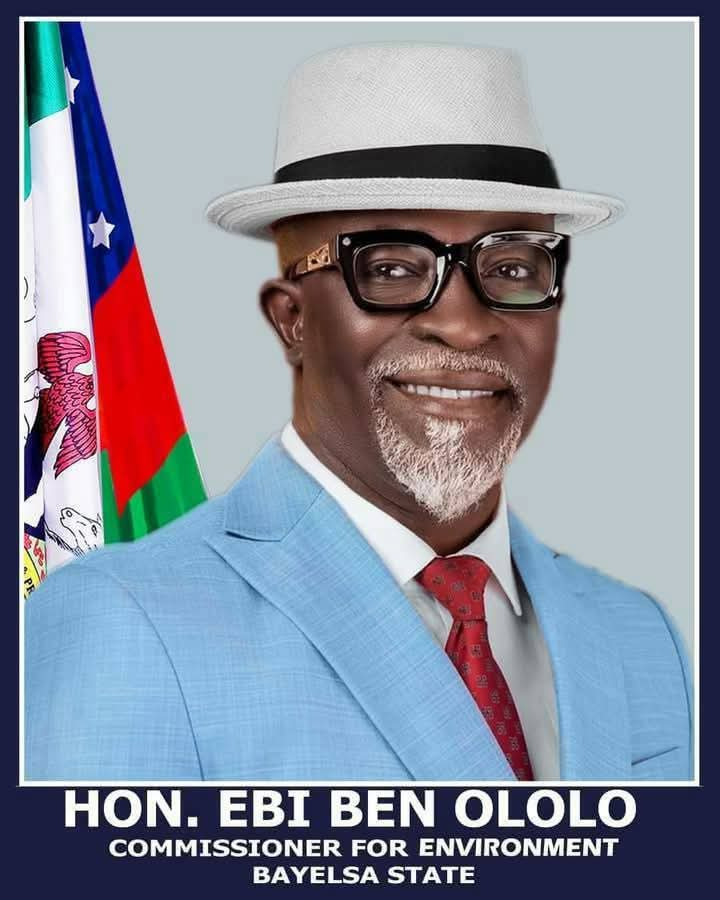The Independent National Electoral Commission (INEC) and the Nigerian Correctional Service (NCoS) have agreed to work with the National Assembly to establish clear legal provisions that would enable inmates to vote in elections.
INEC Chairman, Professor Mahmood Yakubu, made the announcement on Friday while receiving the Controller General of the NCoS, Sylvester Nwakuche, and other top officials at the commission’s headquarters in Abuja.
Yakubu said the immediate priority is to engage lawmakers to ensure that the law clearly spells out how inmates can participate in voting. He stressed that the right to vote is a fundamental human right that cannot be taken away from citizens solely because they are serving time in a correctional facility.
He cited examples from other African countries, including Ghana, Kenya, and South Africa, where inmates are allowed to vote. INEC officials, he said, have observed elections in these countries and witnessed inmates exercising their rights.
Yakubu referred to a Federal High Court judgment delivered on December 16, 2014, and a Court of Appeal judgment on December 7, 2018, which upheld the rights of five plaintiffs awaiting trial to vote in elections. The courts based their rulings on Article 25 of the International Convention on Civil and Political Rights (1966) and Section 25 of Nigeria’s 1999 Constitution (as amended).
According to the judgments, awaiting-trial inmates are entitled to vote, but the choice to do so is voluntary and cannot be imposed.
The INEC Chairman recalled that the commission had previously held several discussions with the correctional service on the modalities for allowing interested inmates to register and vote. A joint technical committee was set up to examine the issues and recommend solutions.
The NCoS had provided INEC with data on the locations and categories of federal correctional facilities, along with statistics showing that the majority of inmates are on remand awaiting trial and may already be registered voters.
Yakubu said INEC had raised key concerns, including access to correctional facilities for voter registration, the creation of polling units within the facilities, and voter education for inmates. He also mentioned the need to address transparency issues by granting access to election observers, the media, and political parties.
Political parties, he added, would need clarity on whether they can campaign inside correctional centres and appoint polling agents for election day. These matters, he said, must be settled in collaboration with all stakeholders.
Yakubu further explained that clarifying Section 12(1)(e) of the Electoral Act 2022 is essential. The section states that a Nigerian citizen is eligible to register as a voter if they are “not subject to any legal incapacity to vote under any law, rule or regulations in force in Nigeria.” He noted that interpretations differ on whether this provision excludes inmates on death row, those serving life sentences, or those convicted of treason.
In his remarks, NCoS Controller General Nwakuche argued that inmates should be allowed to vote, noting that more than 81,000 people are currently in custody across Nigeria’s 257 correctional centres. He revealed that 66 percent of them are awaiting trial and therefore have not been convicted.
Nwakuche also referred to court rulings that upheld the voting rights of inmates, stressing that denying them participation in elections effectively disenfranchises a significant number of Nigerian citizens.
The discussions between INEC and the NCoS mark a renewed push to resolve legal ambiguities and operational challenges surrounding inmates’ voting ahead of future elections. Both bodies say they are committed to ensuring that the framework, once established, will protect electoral integrity while upholding fundamental rights.





